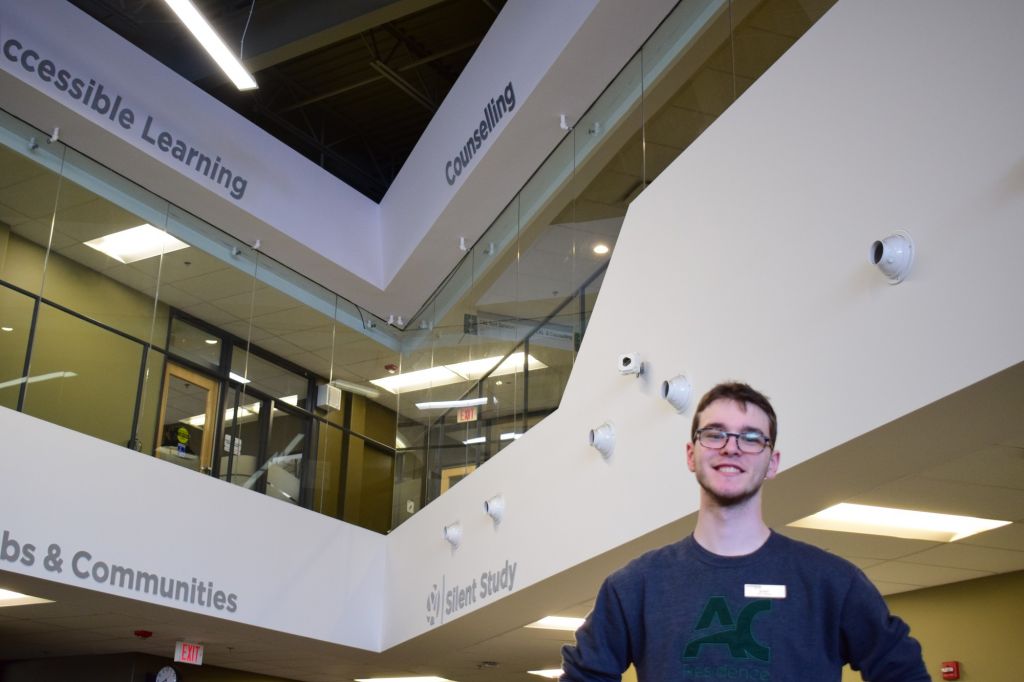One of the many programs on campus that proves essential to the well-being of students is the youth and child care program. This program presents itself in a unique way by of students helping other students.
In addition to the program spanning over three years, it provides guidance to not just students but families as well to help them cope with a variety of issues such as stress, anxiety or depression.
Through counselling services on campus, students are directed to the child and youth care students – depending on the case, of course – and from there, students in the program work together in helping overcome a variety of issues. If students do require help outside of the college, the program is able to provide external resources.
Robert Craig, who is in his third year, believes that the program is important for students to be aware because it provides help for students that could be beneficial for them in the future.
“The reason why I think this program should stand out is that it is one of the programs that has a major impact on the community,” said Craig. “The child and youth care program works with members of the community that are often forgotten so our work can be [easily] overlooked.”
The program provides counselling sessions on campus as well as off campus in providing regular sessions for those seeking help, to whichever form that may be.
Third-year student, Allison Teske, says that students should be aware of the youth and child care program because it’s not just restricted to students but to anyone at any program or level.
“We’re not a psychologist, but we have a grasp in psychology,” Teske said. “It’s important to everyone because a child and youth care worker is someone that can be anywhere and [take an] interest in any profession.”
It also serves as a way of “building constant growth” in order to guide students into a bigger way to work through their problems together.
Although the program is rewarding in itself for students, Teske and Craig have experienced a downside. Both of them — among other students within the program — try their best to distance themselves from the experiences of students.
The most important thing: self-care.
For Craig, he dives into outdoor activities such as camping or taking walks outside in order to distance himself from the overload of information after sessions.
“I make sure that whatever help I provide in this building, stays in the building,” said Craig. “I don’t take it outside the college.”
He provides counselling for students in the residence building three times a week whereas, Teske provides counselling at the Nelson House of Ottawa Carleton located in downtown.


